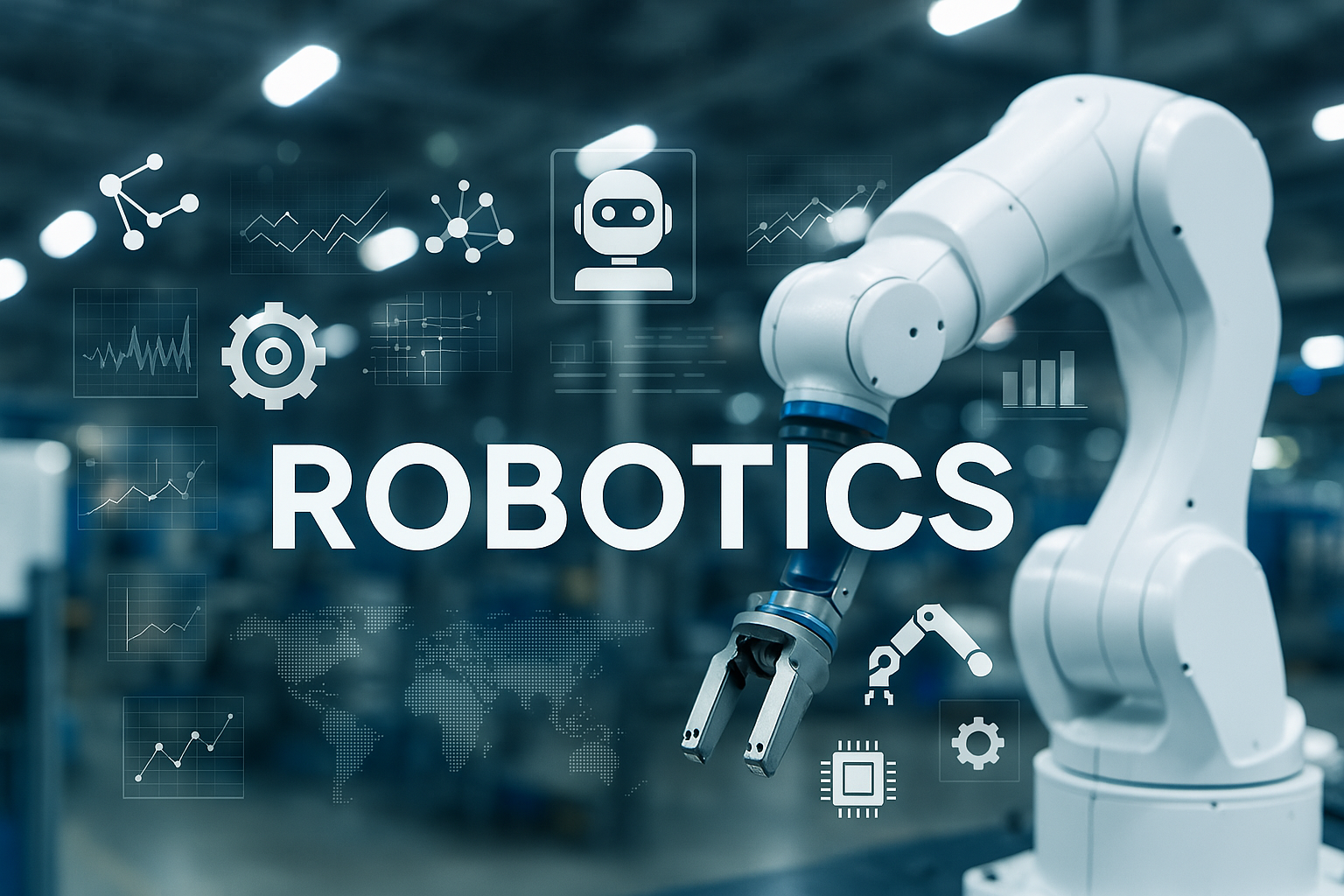Category: Info
-
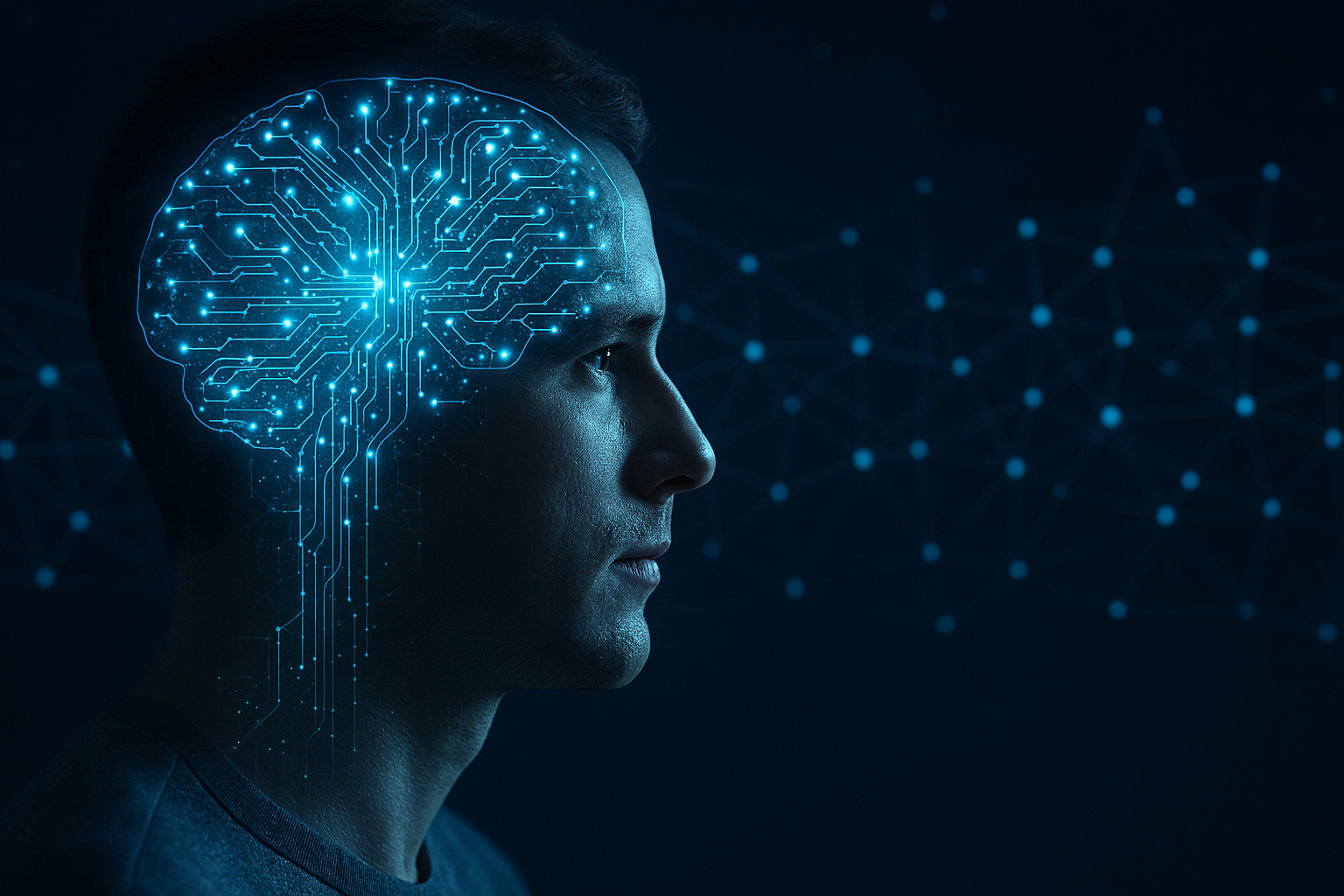
Deep Learning
Definition and Overview Deep Learning is a subfield of artificial intelligence and machine learning that focuses on using artificial neural networks with multiple layers (hence “deep”) to learn from large amounts of data. In simpler terms, it involves stacking many computational units (neurons) in layers so that a computer can automatically learn complex patterns and…
-
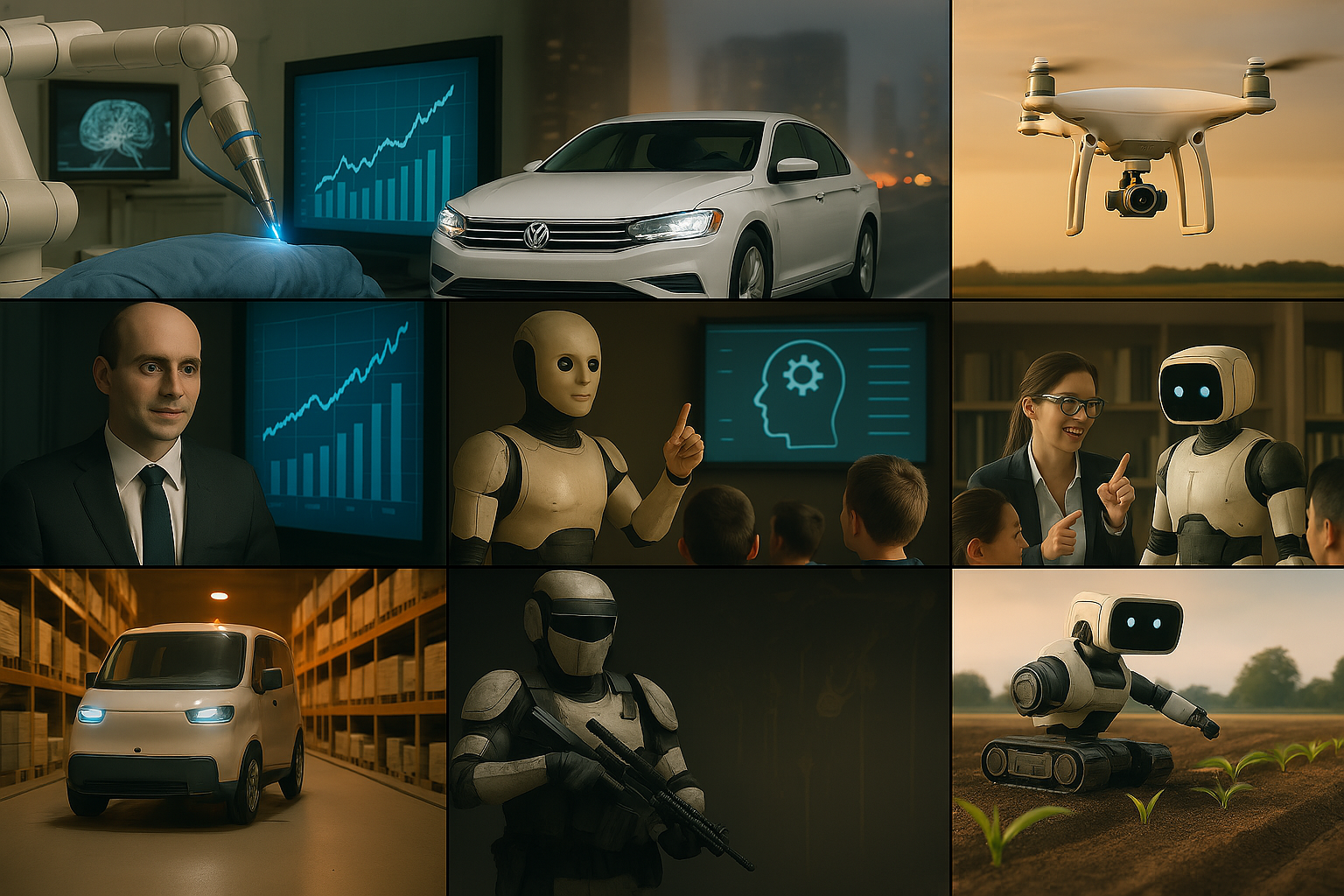
AI and Robotics: Transforming Industries in 2025
Artificial Intelligence (AI) and robotics are no longer futuristic concepts – they are present realities revolutionizing industries across the globe. From operating rooms and factory floors to farm fields and city streets, intelligent algorithms and autonomous machines are boosting efficiency, enhancing decision-making, and unlocking new possibilities at an unprecedented scale. In 2025, AI-driven insights and…
-
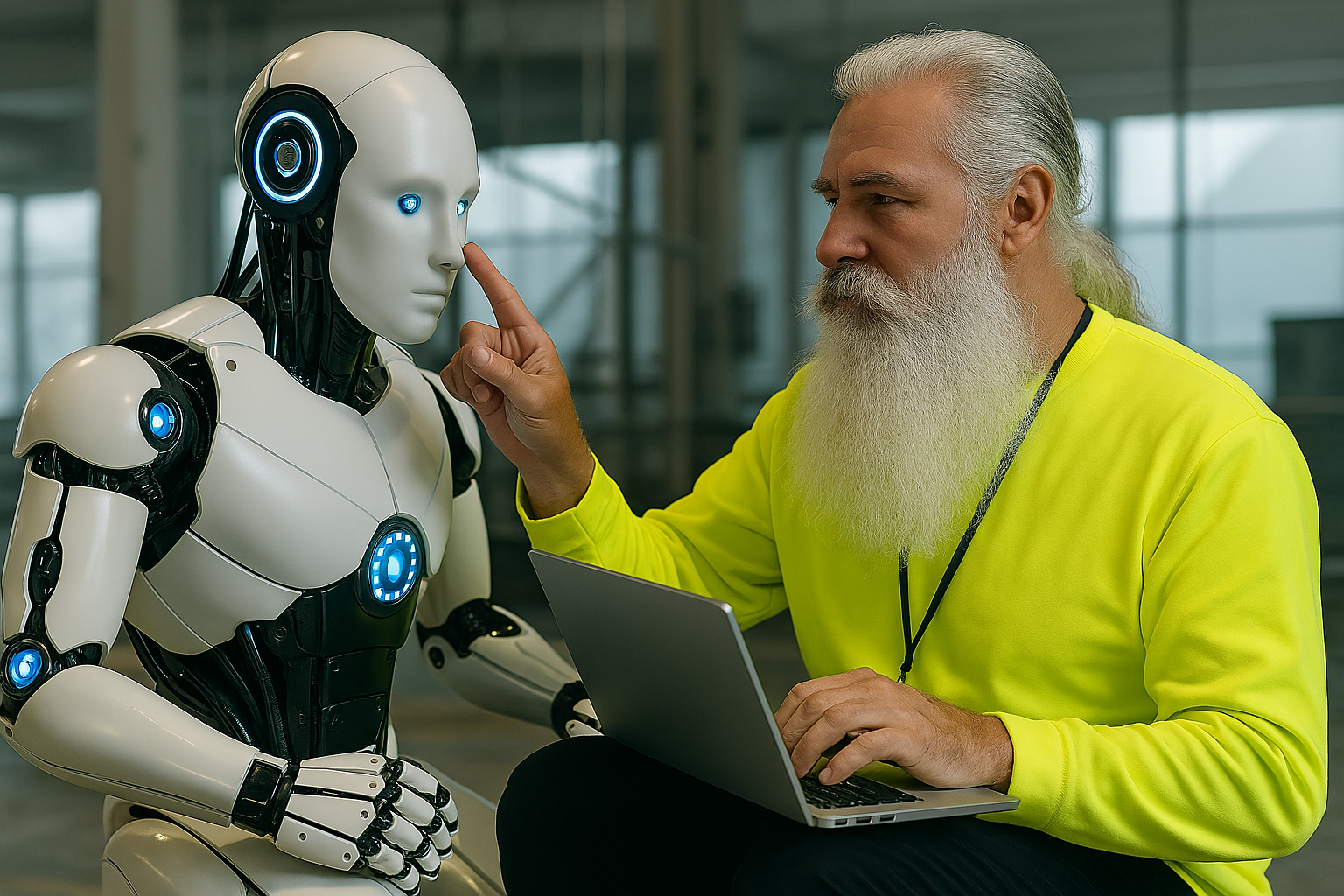
Human-in-the-Loop (HITL)
Human-in-the-Loop (HITL) refers to any system or process that integrates active human participation into an otherwise automated workflow or control loop. In an HITL model, a human operator is not just a passive observer but is involved in the operation, supervision, and decision-making of a computerized or autonomous system. The concept applies across multiple domains…
-
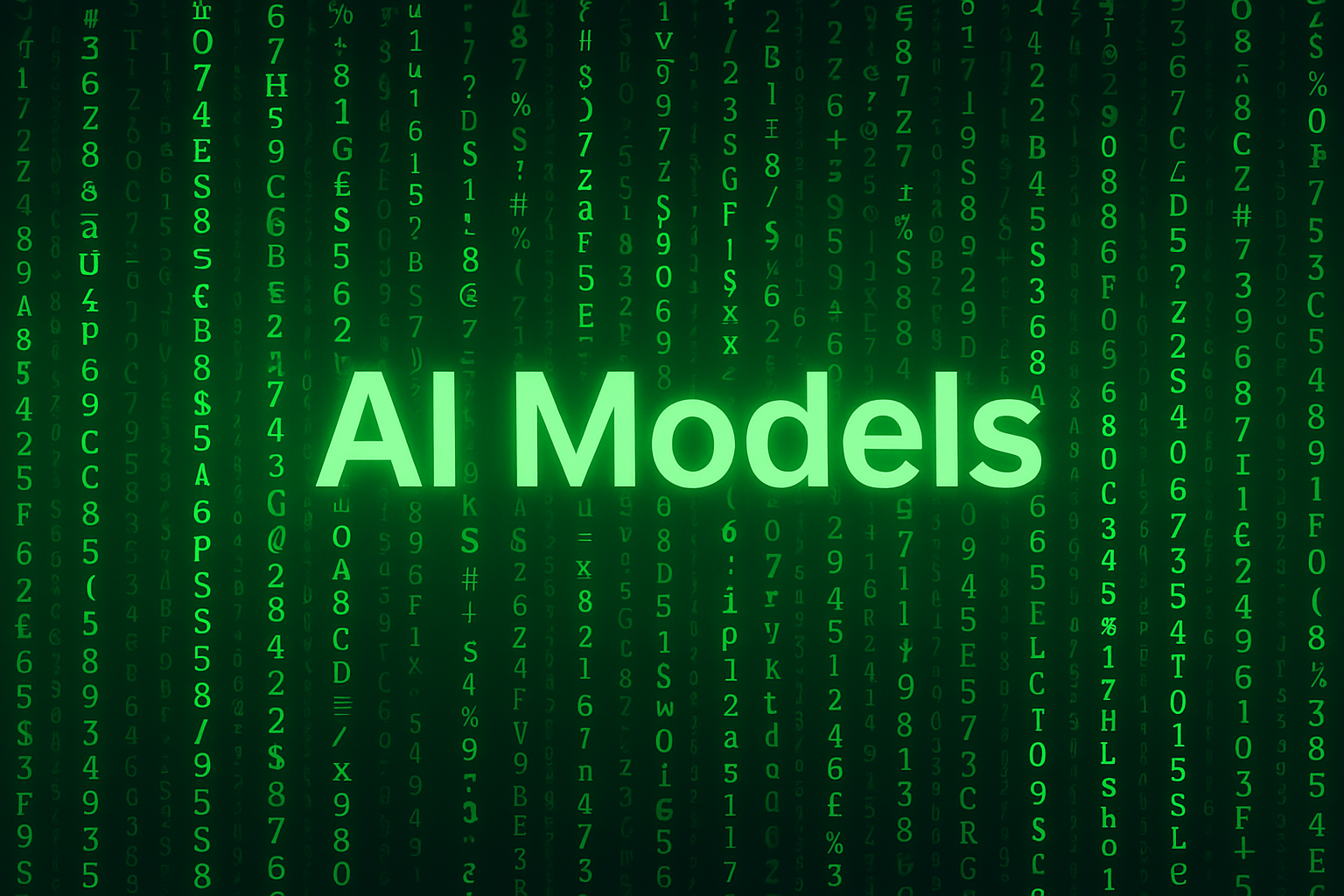
A Comprehensive Overview of AI Models
Artificial Intelligence (AI) models are the engines of modern AI systems – computational frameworks trained on data to recognize patterns, make predictions, or take actions without explicit programming. Over the decades, AI models have evolved from early rule-based expert systems to advanced machine learning and deep learning architectures. Today’s AI models excel at tasks ranging…
-
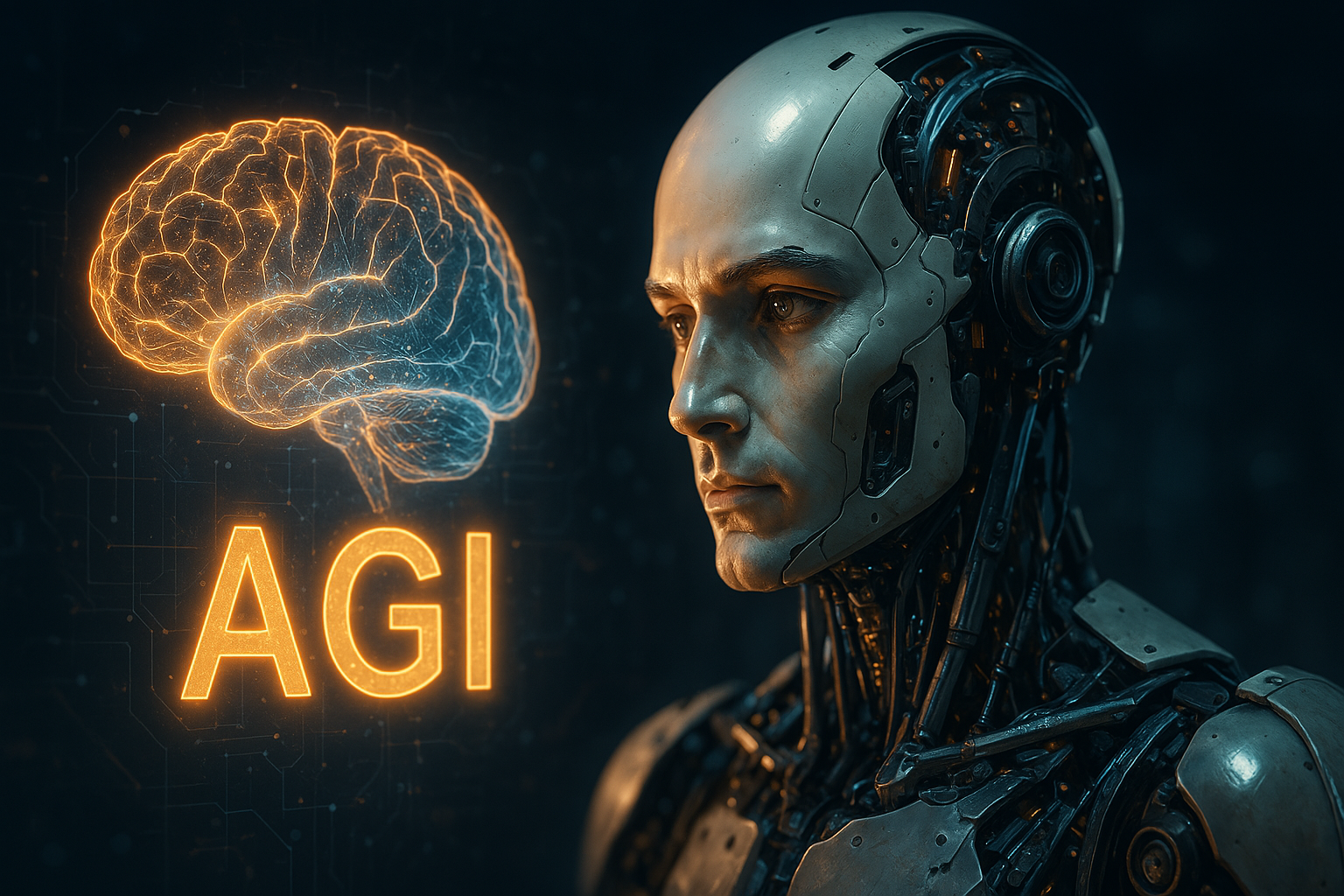
Artificial General Intelligence (AGI)
Artificial General Intelligence (AGI) is a concept in artificial intelligence (AI) referring to a hypothetical AI system that possesses broad, human-level cognitive abilities across diverse tasks and domains. In contrast to today’s “narrow AI” systems, which are designed to excel at specific tasks (like language translation or chess) but cannot generalize beyond their specialization, an…
-

AI and Robotics Cooperatives: Empowering Shared Ownership in Tech
Artificial intelligence (AI) and robotics are transforming industries, but their rapid advancement has raised concerns about centralized control and unequal benefits. In response, a growing movement of AI and robotics cooperatives is emerging to democratize technology development. These cooperatives are organizations owned and governed by their members – whether workers, users, or communities – and…
-
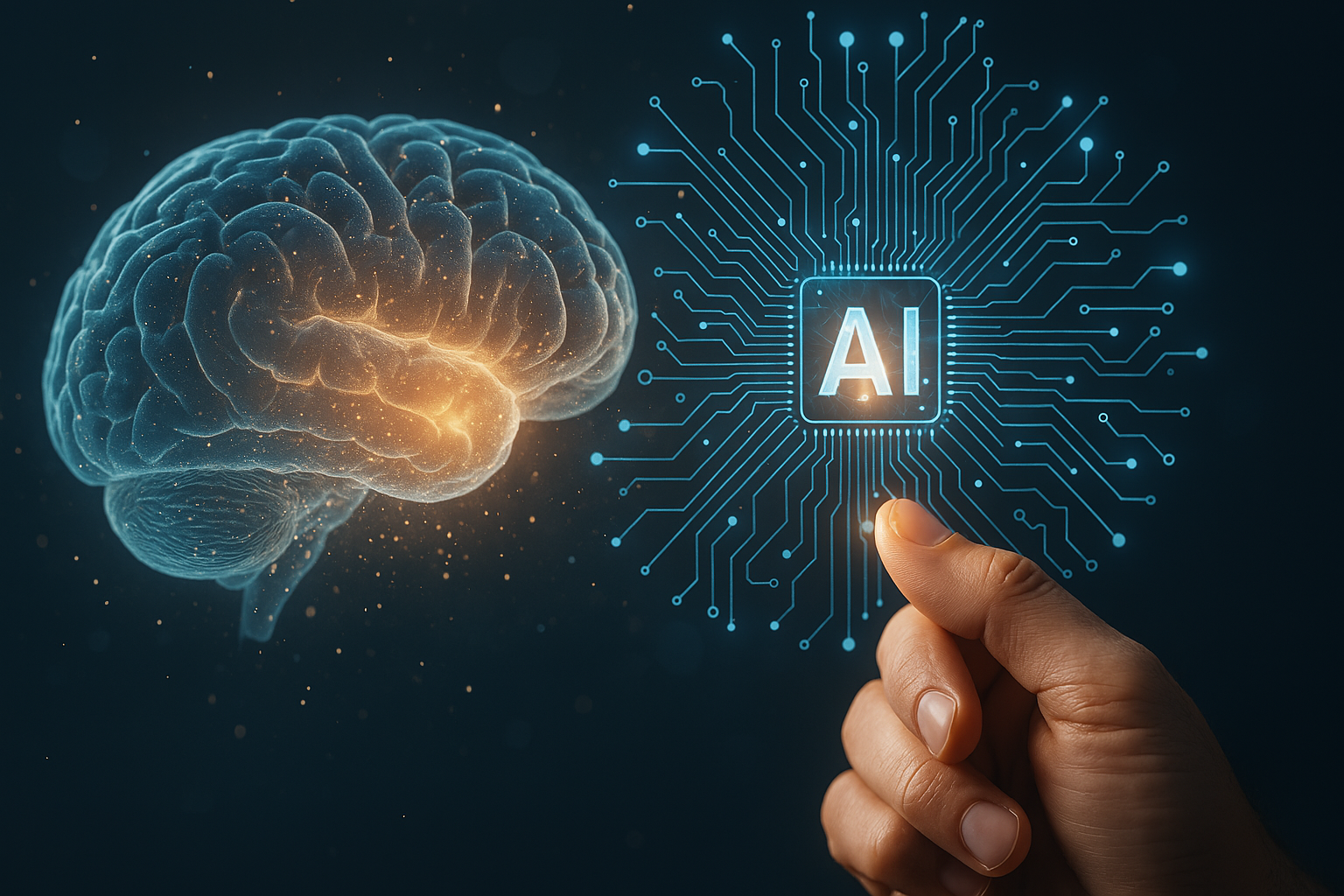
Generative AI
Generative AI refers to a category of artificial intelligence systems capable of creating new content – such as text, images, music, code, or video – that has not been seen before. Unlike traditional discriminative AI models that focus on classifying or predicting based on existing data (e.g. identifying if an image contains a cat), generative…
-
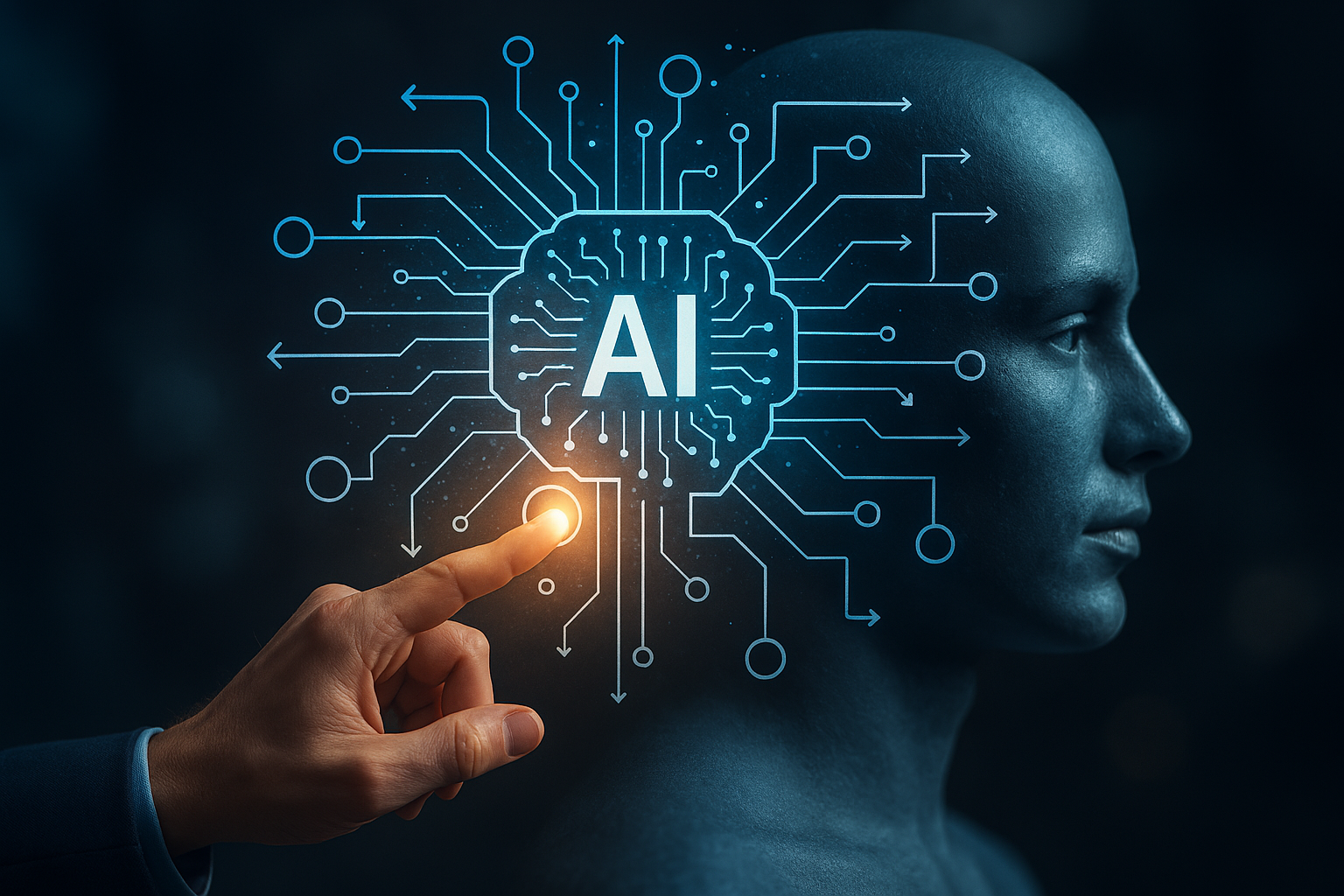
Inference (in AI)
Inference in artificial intelligence (AI) refers to the process by which an AI system draws conclusions or makes decisions based on available information, knowledge, or patterns, especially when facing data it has not seen before. In essence, it is the step where an AI applies what it has learned to new inputs, analogous to a…

